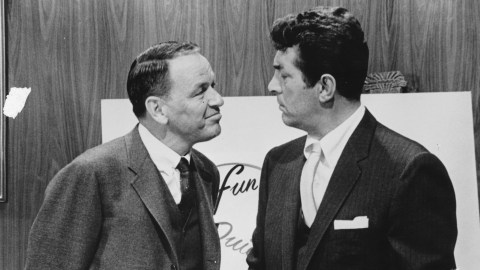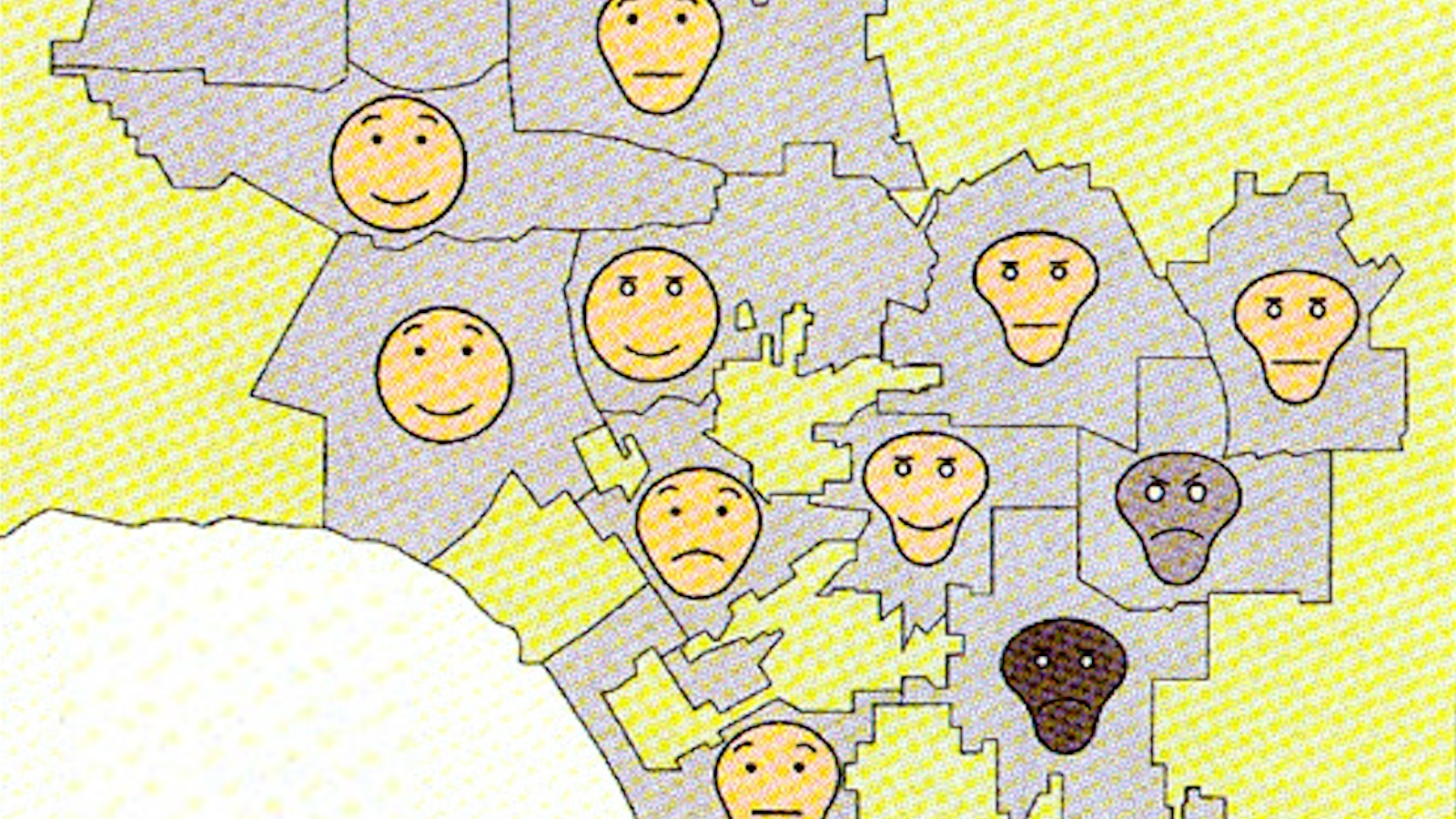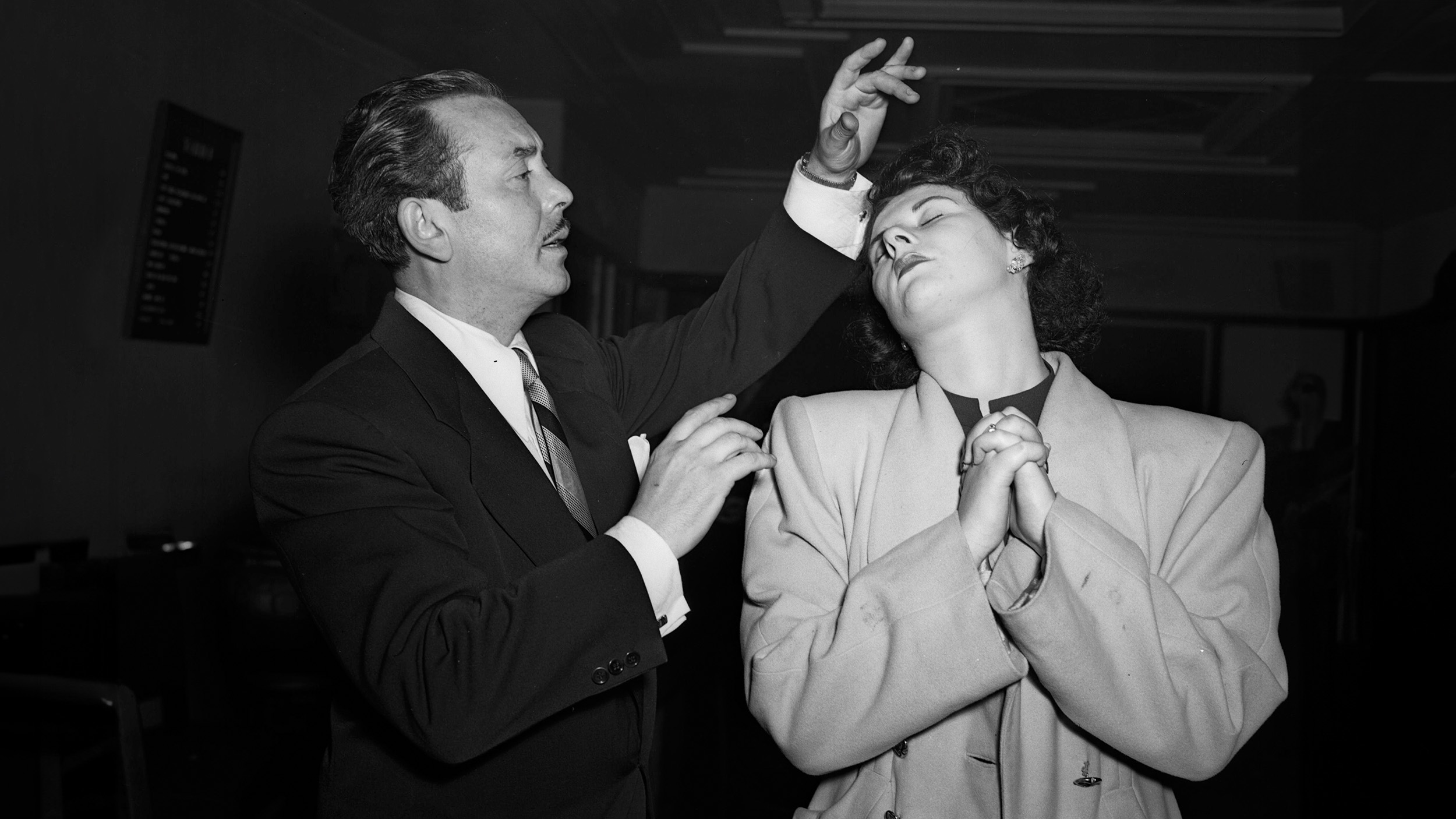Staring into each other’s eyes makes people hallucinate (and fall in love)

Photo Credit: Keystone Features / Stringer/ Getty
Get two healthy people to sit in a dimly lit room and stare into each other’s eyes for 10 minutes, and it induces an altered state of consciousness. Previously, we weighed in on researching saying that deep eye contact and intimate questions are a recipe for love. Now scientists say it causes hallucinations as people report losing connection from reality. Perhaps both are true at the same time…
The British Psychological Society picked up on this interesting study headed up by Italian psychologist Giovanni Caputo who recruited a total of 40 young adults to take part. The participants were then split into two groups. In the control group, participants sat in a chair and stared at a wall for 10 minutes. In the test group, 20 adults paired off and sat face-to-face. Both rooms were dimly lit to allow “detailed perception of the fine face traits but attenuated colour perception.” Group 2 participants were asked to maintain a neutral facial expression.

The size of the study is quite small, but this isn’t the first time Caputo has induced mild sensations of dissociation in people sans drugs. One of his first studies involved 50 participants staring at their reflection for 10 minutes in a dimly lit room. Caputo found that participants saw huge deformations in their own face, their parents’ faces, a person they didn’t know, the face of a deceased ancestor, an animal face (cat, pig, and lion), and fantastical monstrous beings.

In this new study participants who stared into each other’s eyes reported more dissociative states, giving strong ratings to spacing out, reduced color intensity (on some occasions they even reported seeing things in black-and-white), and sounds either seemed louder or softer than they expected.
Compared to Caputo’s mirror exercise, he says “interpersonal gazing” has a more powerful effect of inducing this temporary disconnection from reality.
As to why these hallucinations happen, Caputo can only offer suggestions. He believes it may be due to a kind of rebound effect where an image of this other person’s face is being over-processed by our brain’s facial-recognition program.
Read more at BPS.





